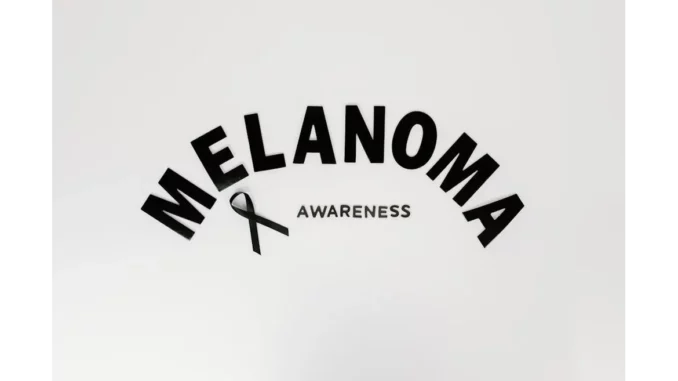
The field of dermatology is experiencing a remarkable transformation with the integration of artificial intelligence (AI) technologies, particularly in the diagnosis and identification of skin cancer. Globally, skin cancer is the most common form of cancer, frequently manifesting as benign skin conditions that can be difficult to distinguish, even for the most experienced dermatologists. This diagnostic complexity often results in treatment delays and suboptimal patient outcomes. Therefore, the development of reliable and precise diagnostic tools has become imperative. Early detection of skin cancer significantly enhances patient prognosis, underscoring the urgent need for advanced diagnostic methodologies.
A pioneering study conducted by Aliyu Tetengi Ibrahim and his team at Ahmadu Bello University, recently published in Data Science and Management, presents a novel AI model poised to revolutionise the detection of skin cancer. This study harnesses the capabilities of transfer learning and test time augmentation (TTA) to create a model adept at categorising skin lesions into seven distinct classifications. This research represents a substantial advancement in dermatological diagnostics, offering renewed hope for enhanced diagnostic accuracy and improved patient care.
The innovative deep learning model developed in this study incorporates five cutting-edge transfer learning models to classify skin lesions into categories such as melanoma, basal cell carcinoma, and benign keratosis, among others. Trained on the comprehensive HAM10000 dataset, which includes over 10,000 dermoscopic images, the model achieved an impressive accuracy rate of 94.49%. A significant innovation in this research is the application of TTA, a technique that artificially expands the dataset by applying random modifications to test images. This process enhances the model’s generalisation capabilities across a diverse range of skin lesions, thus improving diagnostic precision. The weighted ensemble approach, which amalgamates the strengths of individual models, surpasses other existing methods, providing a robust tool for dermatological diagnostics.
Aliyu Tetengi Ibrahim, the lead researcher, emphasises the critical nature of integrating deep learning into dermatology: “Our model’s high accuracy rate can significantly reduce the need for unnecessary biopsies and promote earlier detection, ultimately saving lives by aiding dermatologists in making more informed decisions. This breakthrough exemplifies how AI can augment medical expertise and provide essential support in the battle against skin cancer.”
The potential applications of this AI model within clinical settings are vast. It has the capability to streamline diagnostic procedures, reduce healthcare costs, and enhance patient care, particularly in areas with limited access to specialised dermatological expertise. Integrating this technology into telemedicine platforms could democratise access to skin cancer diagnostics, thereby providing advanced medical care to underserved populations. By enhancing the accuracy of skin cancer detection, this research holds the promise of reshaping global healthcare, rendering life-saving diagnostics more accessible and affordable worldwide.
Bringing these key insights together, the integration of AI into dermatology, as illustrated by this study, signifies a promising advancement in the ongoing fight against skin cancer. By improving diagnostic accuracy and enabling timely interventions, AI-driven models like the one developed by Ibrahim and his team have the potential to save lives and transform the landscape of dermatological care. As AI technologies continue to evolve, their role in medical diagnostics is expected to expand, offering new avenues of hope for patients and healthcare providers alike.


Be the first to comment